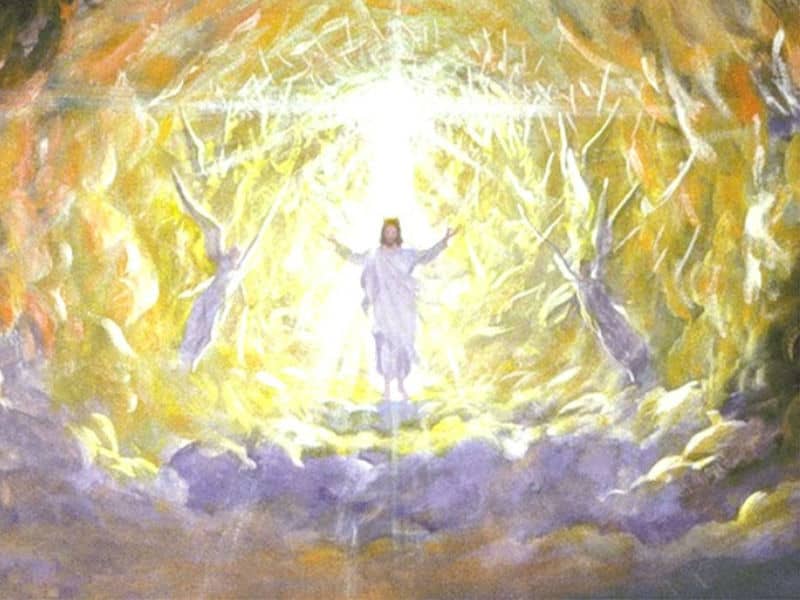Every human rights organization that has surveyed the scene has been shocked by the universal and cruel suffering shouldered by the 13 million people of Kashmir: extrajudicial killings, rape, torture, pillage, abduction, disappearances, and arbitrary detention without trial. The Washington Post reported in its Outlook section on September 26, 1999 that "the number of [deaths in Kashmir] is closer to 70,000 since 1989" at the hands of "two-thirds of a million [Indian] troops" (The Washington Post Editorial, June 28, 1999). Kashmir contains the largest army concentration anywhere in the world against an unarmed civilian population.
America has a vital interest in maintaining regional stability in South Asia, for it is one of the greatest potentials for nuclear conflict in the world, primarily because of the dispute over Kashmir. The Kashmir problem has been an irreconcilable difference between India and Pakistan, and nuclear testing has been accelerated in the region because of the Kashmir issue. If he can address this problem objectively and forthrightly during his trip, then President Clinton can lead the free world to the beginning of the end to this tragedy, and the world will be a safer place because of America's role as an honest broker for peace and security in the region. We do not want to see a nuclear holocaust in South Asia mark the beginning of this millenium.
President Clinton needs to consider the following:
1. Demand a moratorium on nuclear testing
2. Declare US support for Kashmir's right of self-representation in any talks concerning its status.
3. Send Robert Seiple, the US Ambassador at large for International Religious Freedom, to the region for a fact-finding mission to determine the level of religious persecution in Kashmir and the potential for reconciliation on religious grounds.
4. Convene a summit in Washington with Americans of different religious backgrounds to develop creative means to settle outstanding conflicts in the South Asian region.
The response of the President will determine the chance for peace in Kashmir and for the security of the United States.
Dr. Aslam Abdullah American Federation of Muslims from India
Salam Al-Marayati Executive Director of the Muslim Public Affairs Council
Reverend Ed Bacon All Saint Episcopal Church
Rabbi Leonard Beerman Leo Baeck Temple
Reverend Louis Chase United Methodist
Marty Coleman All Saints Church Peace and Justice
Dr. John Grula Federation of American Scientists
Dr. Maher Hathout Islamic Center of Southern California Senior Advisor of the Muslim Public Affairs Council
Rabbi Steven B. Jacobs Kol Tikvah
Father Chris Ponnet Saint Camillus Catholic Church
George Regas Executive Director of the Regas Institute.

